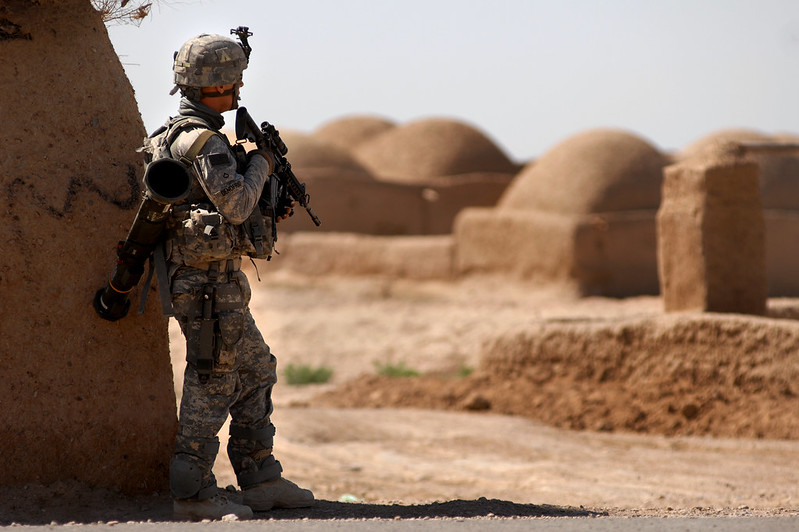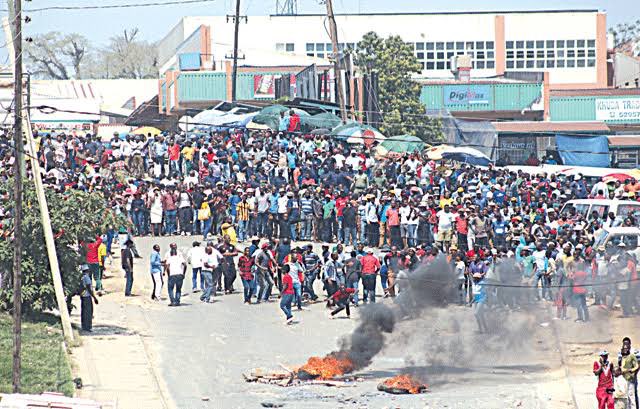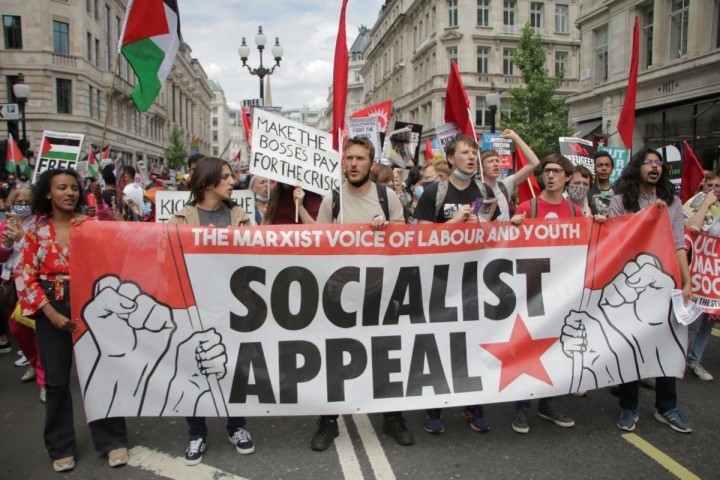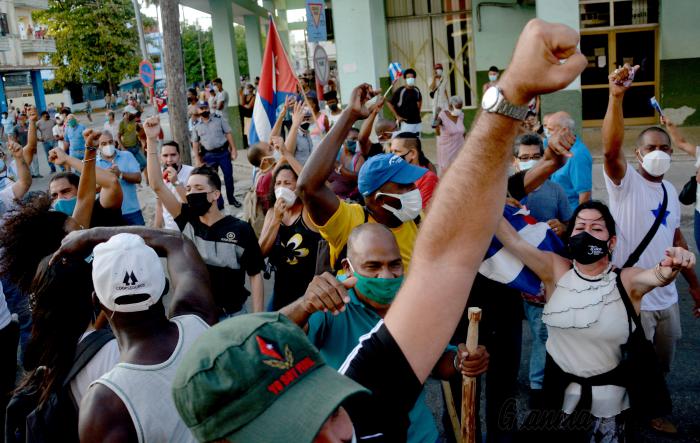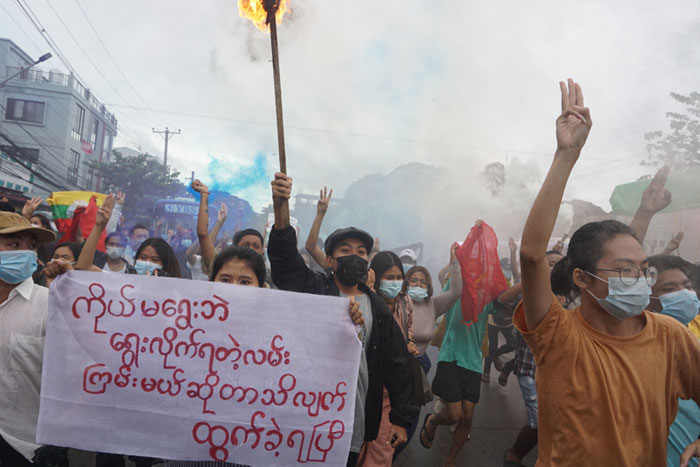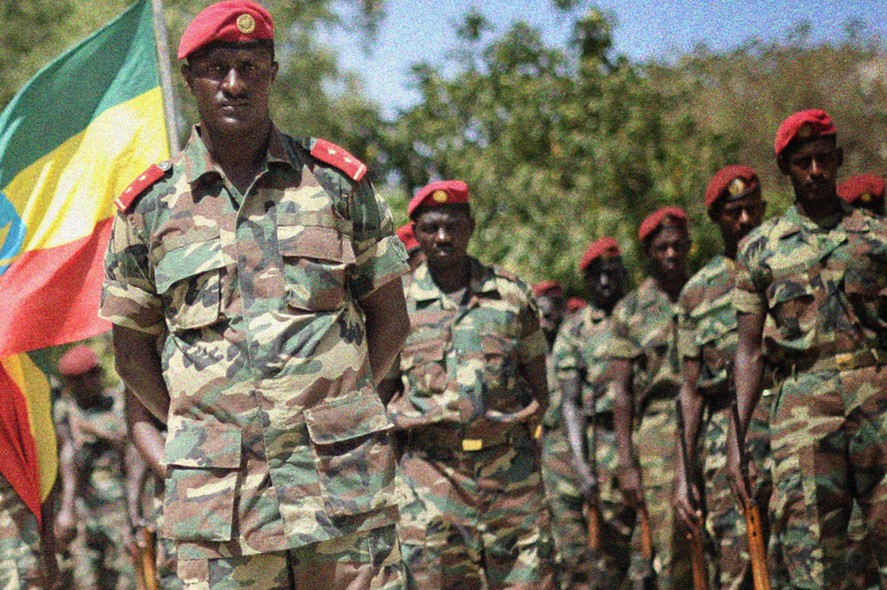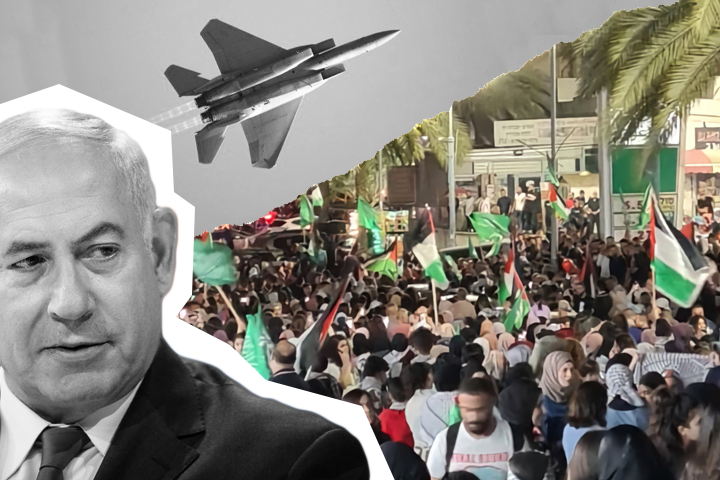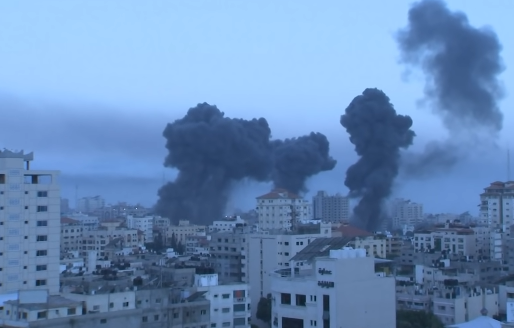Defeat, demoralisation and dissent: the crisis of US imperialism
The US withdrawal from Afghanistan has turned into utter humiliation for US imperialism. It has not only exposed a relative military and economic decline, it has also exposed a growing mood of war-weariness at home. Workers in the US have become sick and tired of the ruling class’ endless military adventures, whilst the basic needs of US citizens at home are going unmet. This article was written one week ago, before the Taliban had taken Kabul. Click here for in-depth analysis of the latest developments.

